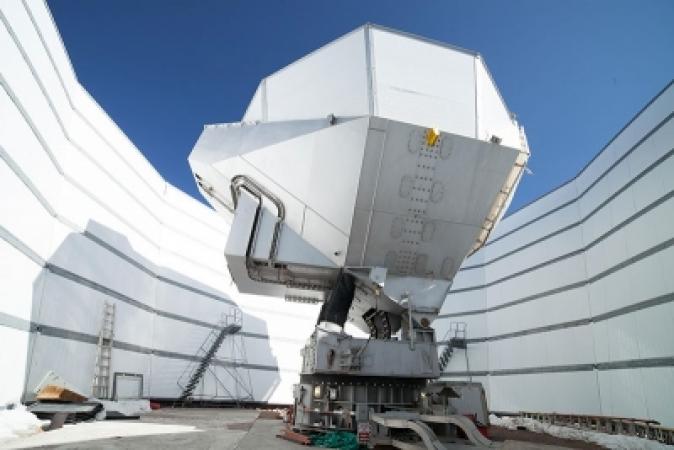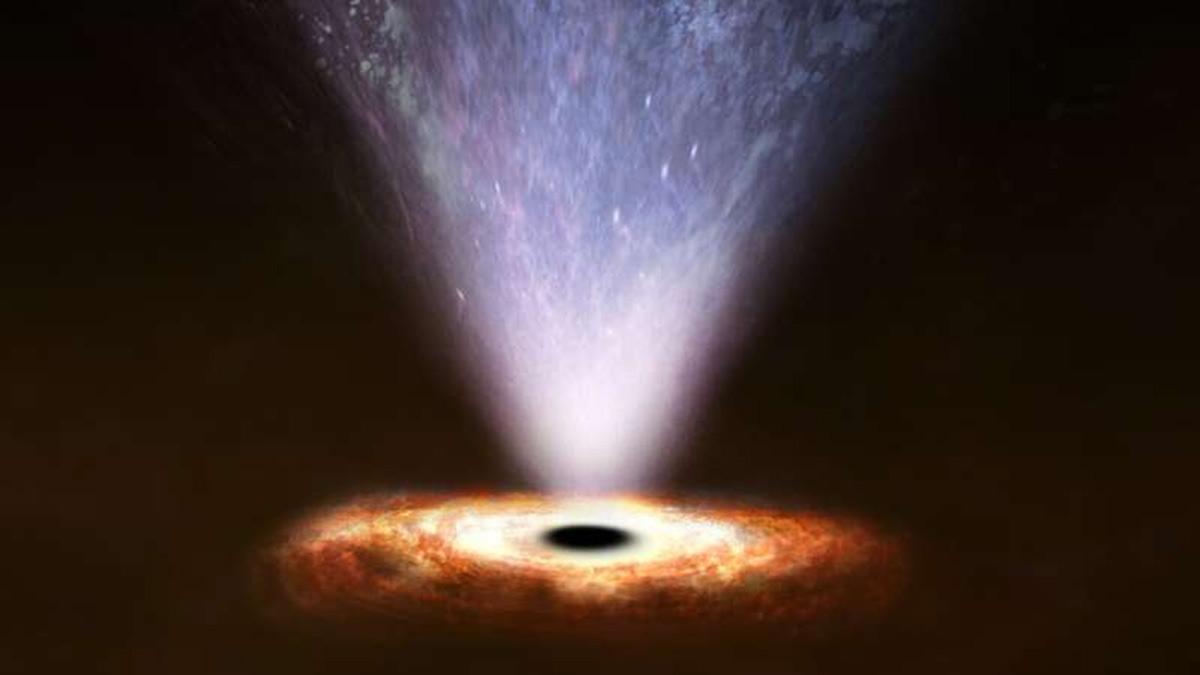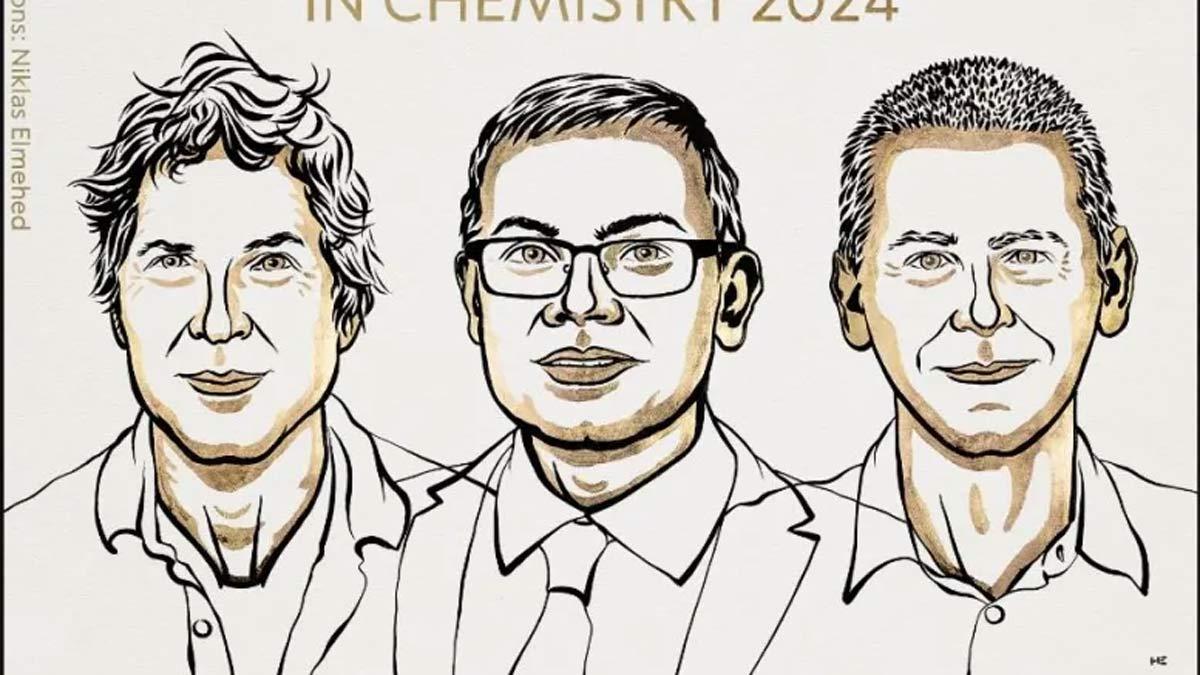Cosmologists have found signs of a previously unknown type of dark energy -- a primordial form of the substance -- which may explain why the cosmos now seems to be expanding faster than theory predicts.
According to cosmologists, the type of dark energy might have existed in the first 3,00,000 years after the Big Bang, Nature reported.
A tentative first trace of this 'early dark energy' was detected in data collected between 2013 and 2016 by the Atacama Cosmology Telescope (ACT) in Chile, revealing two separate studies -- posted on the arXiv preprint server, meaning not yet peer-reviewed.
The ACT, as well as the South Pole Telescope in Antarctica, is designed to map the cosmic microwave background (CMB) -- primordial radiation sometimes described as the afterglow of the Big Bang. The CMB is one of the pillars of cosmologists' understanding of the Universe.
Also read | NASA's Ingenuity captures Mars rock feature in 3D
Interpreting the CMB on the basis of the early dark energy model and ACT data showed that the Universe is now 12.4 billion years old, about 11 per cent younger than the 13.8 billion years calculated using the standard model, Colin Hill, co-author of the ACT team, who is a cosmologist at Columbia University in New York City, was quoted as saying.
Correspondingly, the current expansion would be about 5 per cent faster than the standard model predicts -- closer to what astronomers calculate today.
Both researchers noted that while the data found is not yet strong enough to detect early dark energy, further observations from the ACT and another observatory, the South Pole Telescope, could provide a more stringent test soon.
"There are a number of reasons to be careful to take this as a discovery of new physics," said Silvia Galli, a cosmologist at the Paris Institute of Astrophysics.
But Galli also warned that the ACT data seem to be inconsistent. Although the ACT's polarisation data might favour early dark energy, it is unclear whether its other major set of data -- its map of CMB temperatures -- shows such a preference. She added the need to cross-check the results using the South Pole Telescope.


















